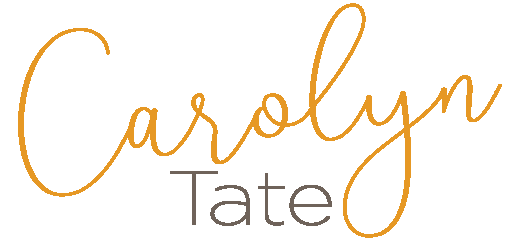Last night we kicked off the launch of the 100,000 Impacts Tour in Melbourne with the first of 13 Deep Dinners to be held in 10 cities over 10 weeks.
It was a wild, wet, 3-degree night, so thanks to those of you who braved the weather to share your insights and questions on purpose. One such question was from Rochelle:
“Given everyone here tonight understands the importance and value of purpose, how do you suggest we approach/explain purpose to those who are sceptics or think it’s a fad that will pass?”
This is an excellent question and one being dealt with in many companies no doubt! Here were some of the suggested approaches with my additional thoughts:
- Try not to be preachy or superior because you believe and they don’t. No need to be a fundamentalist or a zealot. Don’t try to convert them. Just share your own experiences in an authentic, personal, honest way. Be humble, open-minded, inquisitive and ask questions. Try to understand their views.
- Offer statistics and evidence that purpose is an imperative alongside profit. There’s now ample research and evidence from all the global consulting firms and many texts on the subject of purpose. Share a factual insight or reference point for them to explore. You can read more research
- Define purpose. Many people don’t actually have a definition for purpose. It’s often put in the CSR or philanthropy basket at an organisational level and in the self-help or religious basket at a personal level. Make the definition practical. I use this definition by William Damon “Purpose is a stable and generalized intention to accomplish something that is both meaningful to the self and consequential for the world beyond the self.” You could break this definition down and give a practical example. Talk about purpose in terms of taking on a project, or taking action, rather than some esoteric universal concept.
- Talk in ‘business terms’ about purpose. How does it impact employee health and wellbeing, engagement, absenteeism, productivity and performance? What is the evidence that purpose drives both profitability and sustainability? What is the cost of not being driven by purpose in terms of employee turnover and productivity? What is the ROI on balancing purpose with profit?
- Tell stories of successful purpose-led companies such as Patagonia, KeepCup, Bank Australia and thousands of others. Investigate the Certified B Corporations and the work they’re doing and share their stories. Read more
- Get personal and vulnerable. No doubt you’ve had experiences in your life that have led you to seek a meaning beyond money and material goods. Painful experiences such as death, ill-health or divorce are often catalysts for pivoting on purpose. Share your story. It’s a great way to get intimately connected and encourage others to open up too.
Finally, you can just change the subject or walk away. It’s not your job to convert, explain or argue the case for purpose. Allow others to explore it in their own time. Remain friendly and keep the door open for a conversation when the timing might be better or when they’re ready.
These Deep Dinners are new work for us, so we’re honing and refining the format and approach as we go to ensure they’re truly of helpful to everyone who attends. We hope you’ll join us at a dinner soon.
I’m committed to sharing the truth behind this adventure – how I’m really feeling and dealing with the experience, what works and what doesn’t, the impacts I’m making, the stories of the people I’m meeting and the struggles they face in bringing meaning to their work and so much more. Thank you to everyone who is joining me on the adventure. It means so much to me and I really look forward to being of service.
Read more about The Purpose Project 100,000 Impacts Tour: Click here
Warmest wishes






